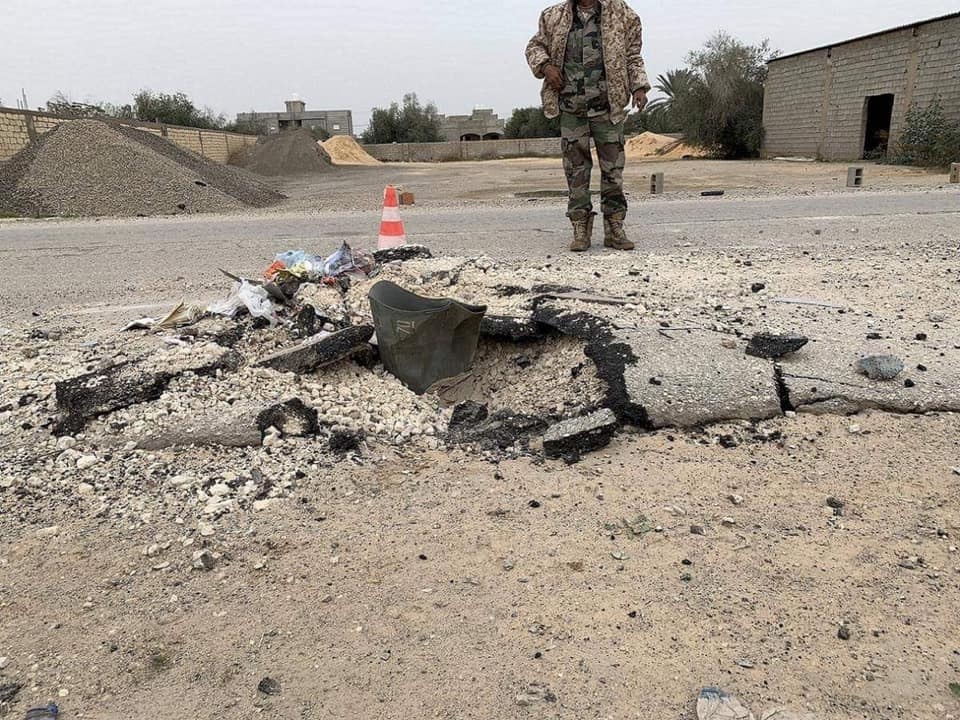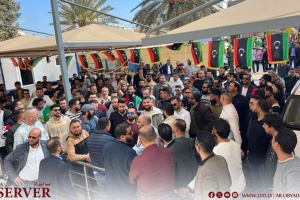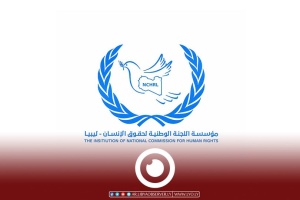Human Rights Watch accused Thursday Khalifa Haftar's forces of using banned cluster munitions in a residential area in Tripoli on December 02 2019.
"The (LNA) or their international supporters carried out an airstrike on or around December 2 in a residential area adjacent to Al-Asfah road near the Airport Road in the southern suburbs of Tripoli. There were no reports of casualties. Human Rights Watch visited the site on December 17 and found remnants of two RBK-250 PTAB 2.5M cluster bombs, as well as evidence that high-explosive air-dropped bombs were also used in the attack. The area was not known to be contaminated by cluster munitions before the attack." The human rights body said.
It added that on February 05, 2020, Human Rights Watch emailed the office of Haftar's forces spokesperson seeking comment on the findings of the use of cluster munitions in a residential area, but it did not receive a response.
"During the December 17 site visit, Human Rights Watch interviewed two men who said they were there during the attack. Both men were members of an armed force under the Tripoli-based GNA who were guarding a checkpoint on a main road Al-Asfah running through the residential area. The men said there had been no casualties from the attack." Human Rights Watch explained.
It indicated that the intended target of the attack is unclear as Human Right Watch did not observe any military use of the location.
"A researcher saw three large trucks used for telecommunications wire-laying approximately 130 meters from the field where the bombs fell but could not ascertain when the trucks were moved there. Shipping containers along one side of the field appeared to have been placed there as a wall. They were locked. The guard said there had been no military use of the residential area either before or at the time of the attack." The human rights body further added.
Meanwhile, Stephen Goose, arms division director at Human Rights Watch and chair of the Cluster Munition Coalition, said using cluster munitions shows reckless disregard for the safety of civilians.
“Cluster munitions should never be used by anyone under any circumstances due to the foreseeable and unacceptable harm for civilians.” He added.
Goose said that all parties to the conflict in Libya should commit not to use cluster bombs and safely destroy any stocks of these weapons.
Human Rights Watch added that it had documented cluster munitions use in Libya in the recent years, but because of the many armed groups involved in conflicts during this period, it has been difficult to independently confirm specific attacks or identify who may be responsible.
Human Rights Watch remarked that on August 15 and 16, 2019, aircraft of forces affiliated with Haftar used cluster munitions in an attack on Zuwarah International Airport, according to the UN Panel of Experts report from December 2019.
"The UN mission in Libya (UNSMIL) dispatched an assessment mission to the location and found no military assets or military infrastructure at Zuwara Airport." It added.








